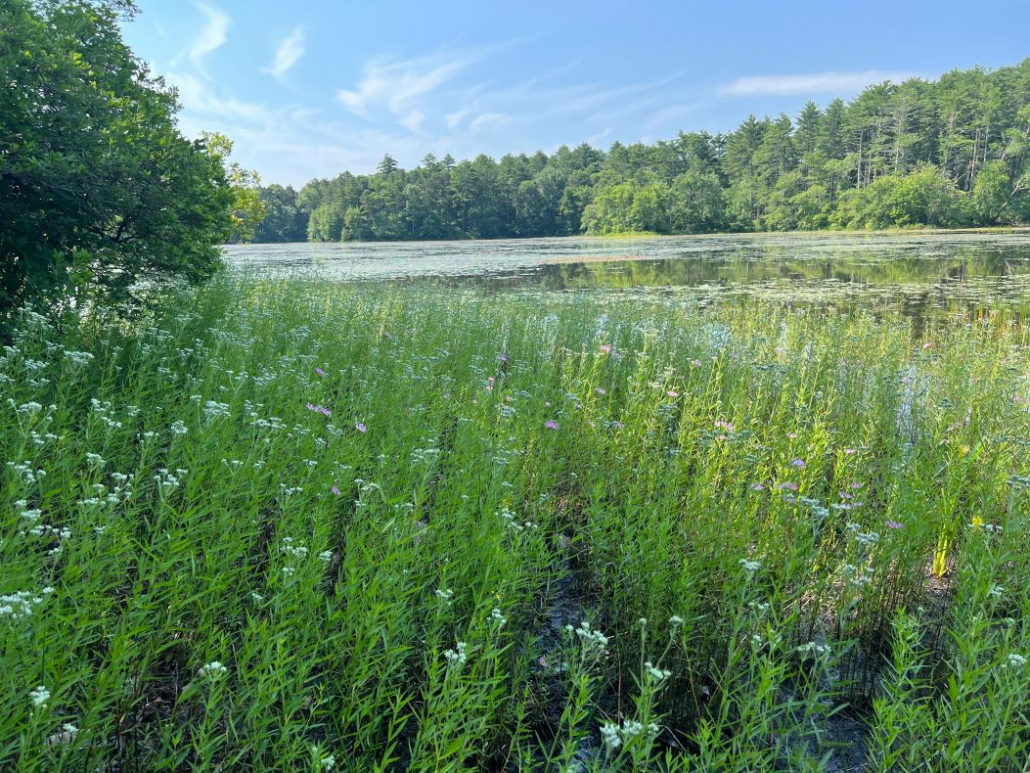Jon Leibowitz is the President & CEO of Northeast Wilderness Trust, a position he has held since 2017. With a decade of conservation experience, Jon began his career in 2012 as a transaction specialist at Montezuma Land Conservancy in Colorado, where he later served as Executive Director. In addition to his conservation work, he co-owns WildEdge Brewing Collective in Cortez, Colorado.
Jon holds a Juris Doctor and a Master’s in Environmental Law and Policy from Vermont Law School, and a Bachelor’s degree from the University of Colorado Boulder. He actively volunteers on various state, regional, and national committees, including the Steering Committee of Wildlands, Woodlands, Farmlands & Communities, the Leadership Council of The Rewilding Institute, and the national Land Trust Alliance Leadership Council.
In his free time, Jon enjoys gardening and exploring the forest surrounding his home in Middlesex, Vermont, at the southern edge of the Worcester Mountains. He shares his home with his wife, two sons, a border collie, chickens, and an abundance of wildlife—his favorite being Hermit Thrushes, fishers, and red efts.








